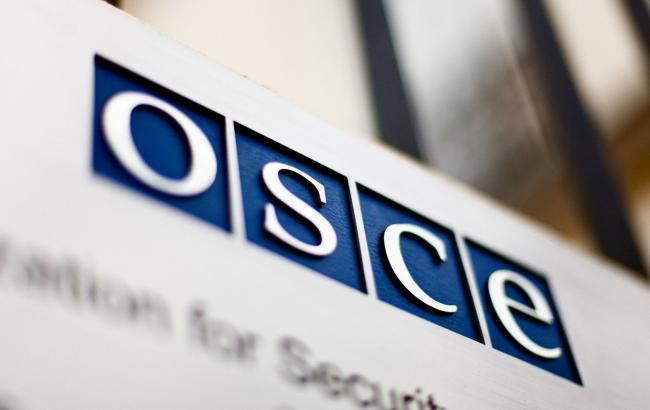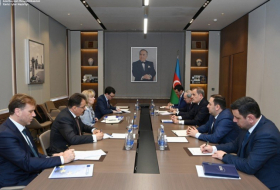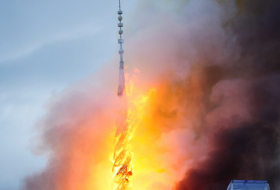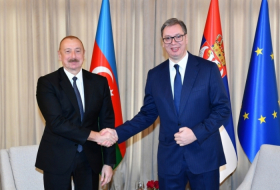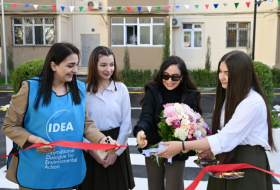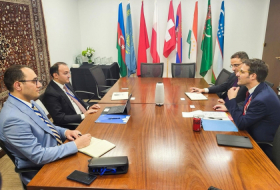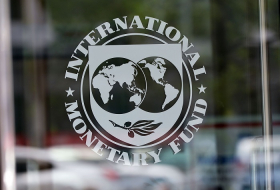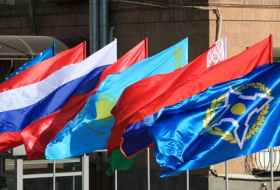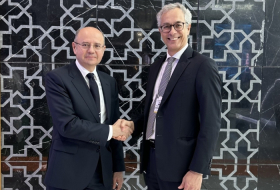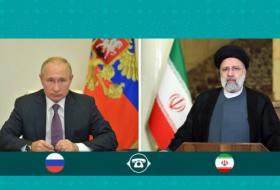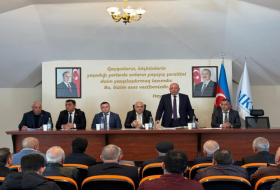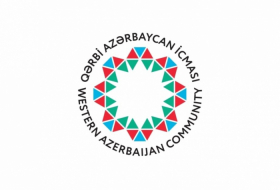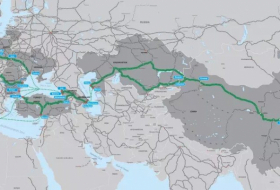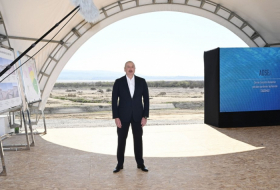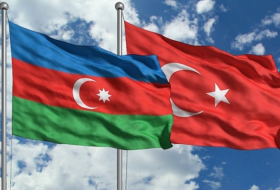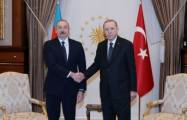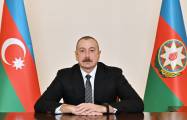With regard to the Nagorno-Karabakh conflict, he said that the Chairman-in-Office appointed a Special Representative, whose task is to join the co-Chairmen of the Minsk Group in performing their delicate and pivotal tasks.
“We deem it essential to support the activity of the co-Chairs, who are deploying relevant efforts to facilitate a lasting, comprehensive and satisfactory solution to the crisis. We are not keen on creating new formats or reform the existing ones. We would rather facilitate negotiations also by encouraging the parties to a more focused and constructive approach. The solution does not lay in a format but in the political will of the two parties. That is the key and the aim of our commitment as current Chairmanship, consistently with the guidelines we set for it: dialogue, ownership, responsibility,” the press officer added.
As for a possible visit of the OSCE Chairman-in-Office to the region, Davoli said: “There is an outgoing Government in Italy at the moment, in charge with ordinary business only, therefore an outgoing Chairperson-in-Office. I am sure that the new OSCE Chairperson-in-Office will take in serious consideration a mission, but time has not yet been decided.”
The Nagorno-Karabakh conflict entered its modern phase when the Armenian SRR made territorial claims against the Azerbaijani SSR in 1988.
A fierce war broke out between Azerbaijan and Armenia over the Nagorno-Karabakh region of Azerbaijan. As a result of the war, Armenian armed forces occupied some 20 percent of Azerbaijani territory which includes Nagorno-Karabakh and seven adjacent districts (Lachin, Kalbajar, Aghdam, Fuzuli, Jabrayil, Gubadli and Zangilan), and over a million Azerbaijanis became refugees and internally displaced people.
The military operations finally came to an end when Azerbaijan and Armenia signed a ceasefire agreement in Bishkek in 1994.
Dealing with the settlement of the Nagorno-Karabakh conflict is the OSCEMinsk Group, which was created after the meeting of the CSCE (OSCE after the Budapest summit held in December 1994) Ministerial Council in Helsinki on 24 March 1992. The Group’s members include Azerbaijan, Armenia, Russia, the United States, France, Italy, Germany, Turkey, Belarus, Finland and Sweden.
Besides, the OSCE Minsk Group has a co-chairmanship institution, comprised of Russian, the US and French co-chairs, which began operating in 1996.
Resolutions 822, 853, 874 and 884 of the UN Security Council, which were passed in short intervals in 1993, and other resolutions adopted by the UN General Assembly, PACE, OSCE, OIC, and other organizations require Armenia to unconditionally withdraw its troops from Nagorno-Karabakh.
More about: OSCE








